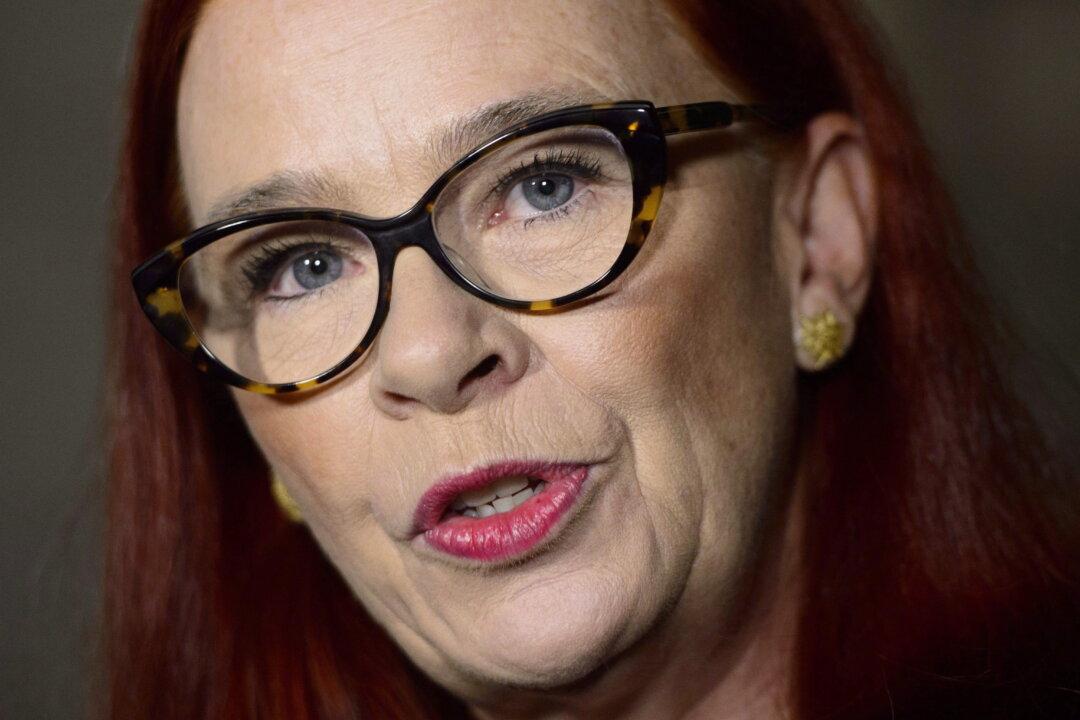Canadian Broadcasting Company (CBC) President and CEO Catherine Tait previously asked Twitter in a private letter to remove certain content on its platform in order to “stop the flow of hate,” according to internal documents.
Tait sent the letter, labelled “Confidential,” in May 2021 to then-Twitter Canada’s managing director Paul Burns concerning what she called “an issue affecting the women and men who work at Canada’s public broadcaster [CBC],” whom she said are “increasingly targeted for harassment and abuse” on Twitter, according to documents obtained by Rebel News through an Access to Information and Privacy (ATIP) request.





